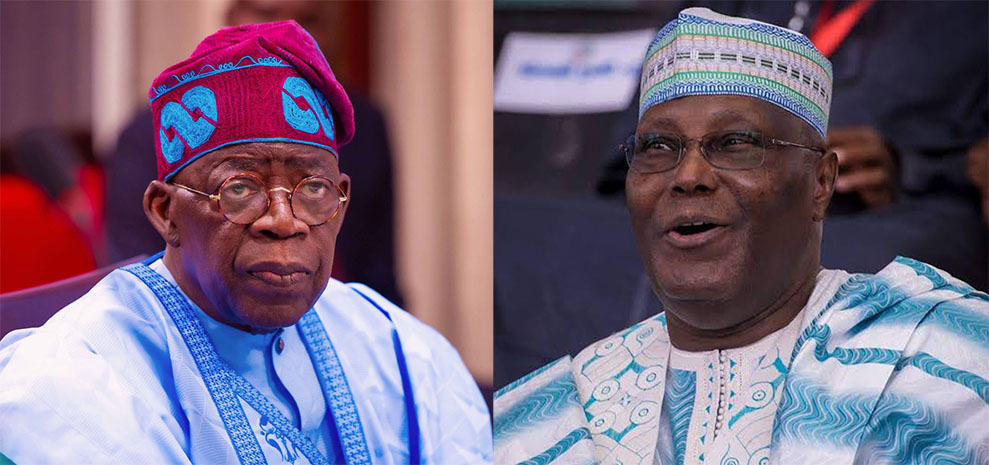
TINUBU CERTIFICATE SAGA: PRESENTING FRESH EVIDENCE AT SUPREME COURT DIFFICULT — LAWYER
A senior lawyer, Paul Erokoro, SAN, has said that submitting a new evidence at the Supreme Court is adifficult task that requires a great deal of effort.
According to him, the rules admitting fresh evidence at the Supreme Court are very stringent.
Erokoro stated this on Sunday in Abuja in an interview with the News Agency of Nigeria.
He said the general rule is that additional evidence is not encouraged at the apex court.
“The general rule is that additional evidence at the Supreme Court or any Court of Appeal is not encouraged at all, but that doesn’t mean that it is totally forbidden.
“However, the rules for admitting it are very stringent.
“The first is that such evidence is going to be extremely material to the resolution of the issues in the case. That’s one of the hurdles to be crossed.
“The second hurdle is that such evidence could not have been procured during the trial at the trial court by reasonable diligence.
“So it is either the evidence was not available at the time of the trial or it could not, by any kind of due diligence or any reasonable effort, be made available.
“For evidence to be admissible at the Supreme Court or in any Court of Appeal, it has to, at a very minimum, satisfied those two conditions,” he said.
On whether there are provisions in the constitution allowing a party to tender additional evidence at the apex court, the senior lawyer noted, “Most of these rules are case laws and the Evidence Act does not specifically make these provisions.”
He stressed that it is only backed by the rules of the court.
“In the case of election petition, the constitution requires that the proceeding be concluded within 180 days at the election tribunal which, in the case of the presidential election, is the Court of Appeal.
“So the Court of Appeal which may have the power to admit additional evidence cannot have any jurisdiction if the jurisdiction of the trial court has expired.
“For instance, if a Court of Appeal has within six months to hear and conclude a presidential election matter and the six months have expired, even if the Supreme Court wanted to admit additional evidence, it doesn’t seem to me that it would be able to admit such evidence after the expiration of the six months,” he added.
He said even though the Supreme Court has jurisdiction to hear the appeal, it would have jurisdiction only in relation to the appeal.
“The fact that the Supreme Court has only two months within which to hear the appeal will not revive the jurisdiction of the trial court,” he added.
On whether there is a period within which a Supreme Court can admit additional evidence, Erokoro said, “Except when it is dealing with matters that have come before it under its original jurisdiction, the Supreme Court doesn’t, generally, admit evidence.
“It is an appeal court and its function is to see whether the matter was properly tried at the trial court, and not to admit additional evidence.
“It’s just that there are few exceptions to the rules regards that and those exceptions, I have already explained to you.
“But outside that, the Supreme Court, generally, doesn’t like to admit additional evidence because it is not fair to the trial court which did not hear that.
“Two, you will not give the other party the chance to, maybe, gather evidence that could have contradicted that one.
“So that is why the rules are very strict and that’s why you don’t see it happening all the time.”
He said though the move could succeed, he described it as “an uphill task.”
When asked about grounds that an already decided case can be reviewed at the Supreme Court, he said though the grounds are not determined by law, there are rules of trial that are universal in Nigeria.
![]()
